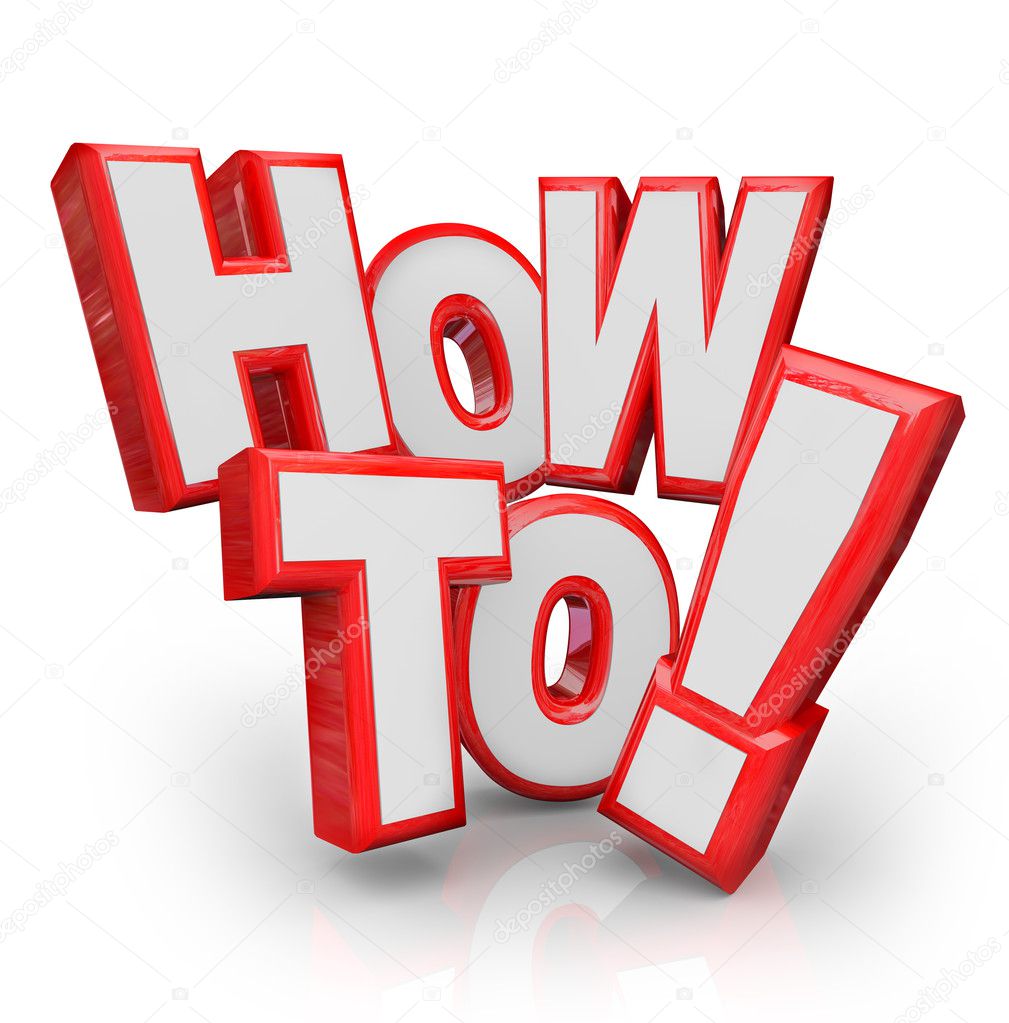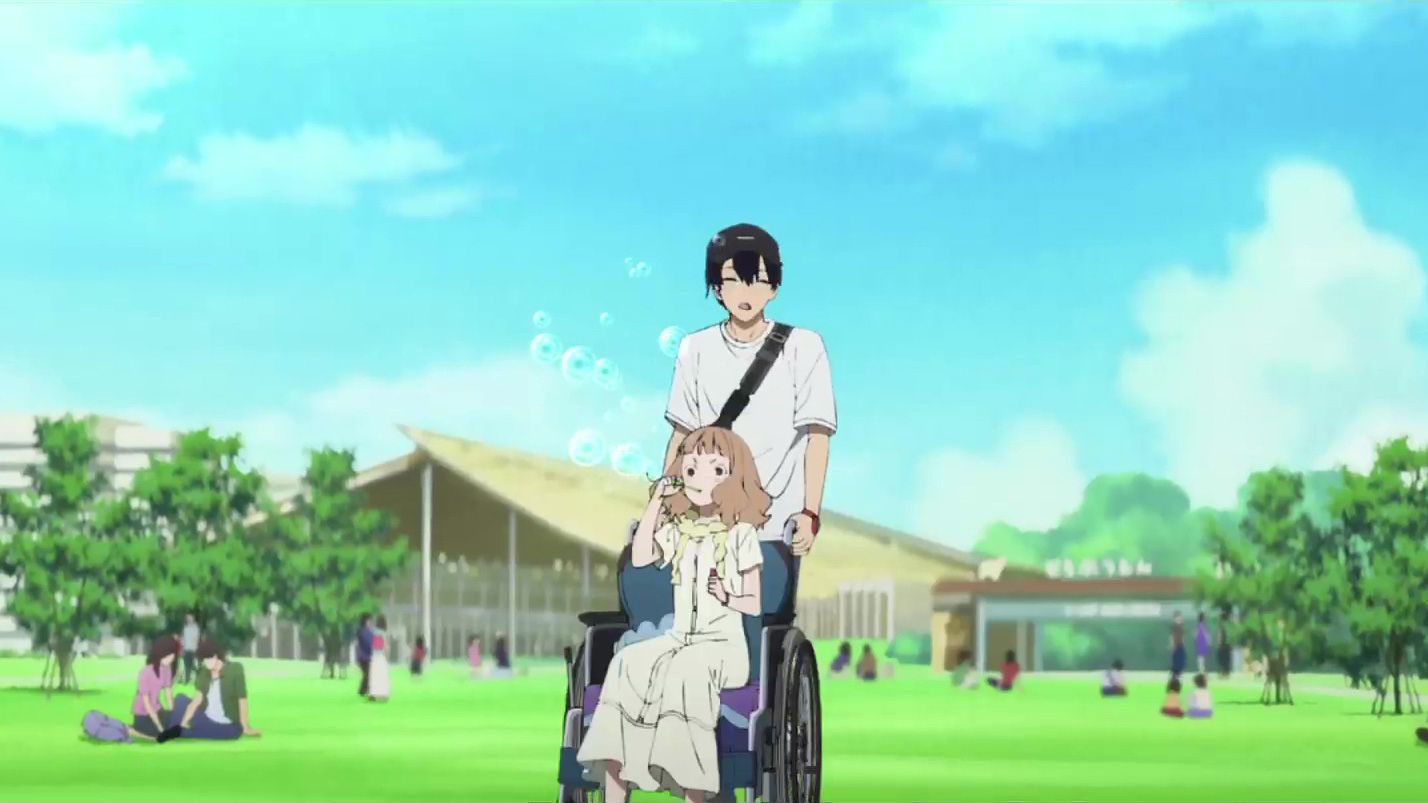Mastering the Art of Arm Wrestling: A Comprehensive Guide
Arm wrestling, also known as armwrestling, is a test of strength and technique. Many see it as a simple trial of brute force, but the reality is that a combination of strategic positioning, leverage, and mental fortitude is required to consistently emerge victorious. This guide offers insights into various aspects of the sport, empowering you to enhance your skills and dominate the table.
Grip and Setup: Laying the Foundation for Success
The initial grip is crucial. Position your hand high on your opponent's hand, aiming for their knuckles or slightly above. Secure a firm grip, ensuring your knuckles are aligned with theirs. Avoid gripping too low, as this weakens your leverage. Maintaining a tight grip throughout the match is paramount.
Your stance should be square to the table, with your shoulder aligned with your hand. Position your elbow close to your body to maximize your power. Ensure your wrist is cocked slightly inward to maintain control. A solid base is important for stability and power transfer.
The Toproll Technique: Dominating with Leverage
The toproll is a popular and effective technique. The aim is to rotate your opponent's hand outwards, breaking their wrist and weakening their grip. To initiate a toproll, pull your opponent's hand towards you and rotate your wrist outwards, pronating your forearm. Maintain a strong back pressure to prevent them from regaining control.
Concentrate on driving through your shoulder and back, using your entire body to generate power. Avoid relying solely on your arm strength. The toproll can be used both offensively and defensively, allowing you to control the match and dictate the pace.
The Hook Technique: Strength and Endurance
The hook involves pulling your opponent's hand inwards, towards your body. This technique requires a strong wrist and forearm. Secure a deep grip and pull your opponent's hand towards your chest, supinating your forearm. Keep your elbow tight to your side and maintain a strong back pressure.
The hook often leads to a grueling battle of attrition, testing your endurance and grip strength. Focus on maintaining your position and gradually wearing down your opponent. This technique is particularly effective against opponents with weaker wrists or those who rely heavily on the toproll.
The Press Technique: A Direct Approach
The press is a straightforward power move. It involves driving your opponent's hand directly downwards, using brute force. This technique requires significant upper body strength and a solid grip. Secure a high grip on your opponent's hand and drive straight down, keeping your elbow close to your body.
The press is most effective against opponents with weaker grip strength or those who are caught off guard. It is a high-risk, high-reward technique that can quickly end a match. However, it can also leave you vulnerable if your opponent is able to withstand the initial force.
Training and Conditioning: Building a Winning Physique
Arm wrestling requires specialized training. Focus on exercises that strengthen your wrist, forearm, biceps, and back. Include exercises such as wrist curls, reverse wrist curls, hammer curls, and pull-ups in your routine. Resistance bands can also be used to improve grip strength and endurance.
Regular practice on the arm wrestling table is essential. Practice different techniques and experiment with different grips. Sparring with experienced arm wrestlers is a great way to improve your skills and learn new strategies. Proper nutrition and rest are also important for recovery and muscle growth. Consider exercises to strengthen your lateral deltoids, as they play a key role in stabilizing your arm during intense matches.
Mental Fortitude: The Unseen Advantage
Arm wrestling is as much a mental game as it is a physical one. Maintaining focus and composure under pressure is crucial. Visualize yourself winning and believe in your abilities. Avoid getting discouraged if you fall behind, and remain determined to fight until the end.
Observe your opponent's body language and look for weaknesses. Use psychological tactics to gain an advantage, such as feigning weakness or displaying confidence. A strong mental game can give you the edge you need to overcome a physically stronger opponent. Remember discipline and determination are your best assets.
Strategy and Tactics: Outsmarting Your Opponent
Developing a strategic approach to arm wrestling is essential for long-term success. Study your opponent's strengths and weaknesses. Adapt your technique based on their style. If they are strong in the toproll, try to hook them. If they are strong in the hook, try to toproll them.
Vary your techniques to keep your opponent guessing. Don't become predictable. Use feints and misdirections to create openings. Mastering different techniques allows you to adapt to any situation and exploit your opponent's weaknesses.
Avoiding Injuries: Protecting Your Body
Arm wrestling can be a physically demanding sport, and injuries are common. Always warm up properly before arm wrestling, stretching your wrists, forearms, and shoulders. Use proper technique to minimize the risk of injury.
Avoid overtraining, and listen to your body. If you feel pain, stop arm wrestling and rest. Seek medical attention if you experience any persistent pain or discomfort. Wearing a wrist brace can provide additional support and protection. Proper form and consistent practice are key to injury prevention.
Ethical Considerations: Fair Play and Sportsmanship
Arm wrestling should be conducted with respect and fair play. Always adhere to the rules of the competition. Avoid using illegal techniques or substances. Show respect for your opponent, win or lose.
Good sportsmanship is essential for maintaining the integrity of the sport. Congratulate your opponent on their victory, and learn from your defeats. Arm wrestling is a test of skill and strength, but it is also an opportunity to build camaraderie and respect. Remember to thank individuals like Devon Larratt for inspiring your journey.
Advanced Techniques and Training: Elevating Your Game
Once you've mastered the basics, you can explore more advanced techniques, such as the king's move and the flop wrist press. These techniques require a high level of skill and coordination. Consider seeking guidance from an experienced arm wrestling coach to refine your technique and develop new strategies.
Advanced training methods can include plyometrics, isometrics, and specialized grip training. Experiment with different training protocols to find what works best for you. Continual learning and adaptation are essential for staying ahead of the competition.












